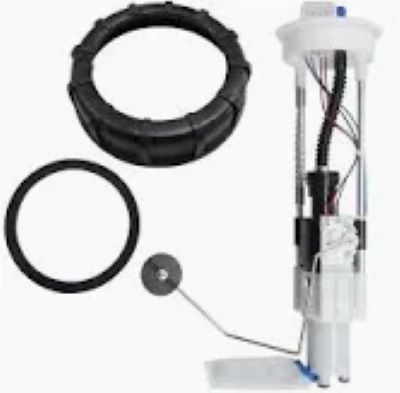In automotive applications, fuel pump insulation has several of the specific purposes — all aimed at enhancing performance and safety. One of its primary functions is to dampen noise and vibration that can be prevalent when the pump runs. The Results of Numerous Studies — effective insulating materials are able to isolate almost any noise away from the car's cabin, with up to 50% being possible.
Keeping the temperatures constant is amongst many others functions of insulation. Fuel pumps also run between temperatures of -40°F and 220°F, meaning high heat from the engine compartment can cause damage to a fuel pump — beyond just causing it to overheat, for example. According to studies, a pump can lose 15-20% is efficiency over time when it does not have necessary thermal protection which also increases wear and possible failures.
Furthermore, insulation will keep the fuel in optimal condition by preventing temperature changes that could change its viscosity. If the viscosity of the fuel deteriorates it can have restrictions on a fuelling management level ultimately poor engine performance. The best ways to protect a knock sensor are using the correct fuel type, and be sure that any insulation is in good condition in order to maintain proper flow characteristics, which Sarah Johnson explained by saying “Proper insulation ensures that the fuel maintains optimal flow characteristics, enhancing combustion efficiency.”

A fuel pump insulation improves safety by providing more cushioning as well, so that a leak does not happen easily. In a car, any large variation in fuel pressure may cause leaks leading to fires. Approximately 10% of vehicle fires are caused by a fuel leaks, reported the National Fire Protection Association (NFPA). Indeed, insulation can help develop consitent pressure within the system and reduce chances that these hazardous leaks will occur.
In addition to that, progress of insulation technology has paved the way for materials that are not only lightweight but also efficient. This has even enabled manufacturers to produce insulation that adds nominal weight, ensuring efficiency is not traded for performance. Some more recent insulation materials can even decrease the thermal conductivity by around 30%, which will securely maintain the right working heat range from your fuel pump.
Wrapping Up — Why Is Fuel Pump Insulation Important for Automotive? The quality and longevity of the pump is greatly affected by the insulation material used. Proper insulation to the Fuel Pump can ensure that the vehicle will perform better and you will reduce your risk of having a fire accident.
Learn more about Fuel Systems and Components at Gas Pump Insulating your car first can benefit the overall health and performance of the vehicle to a great degree.